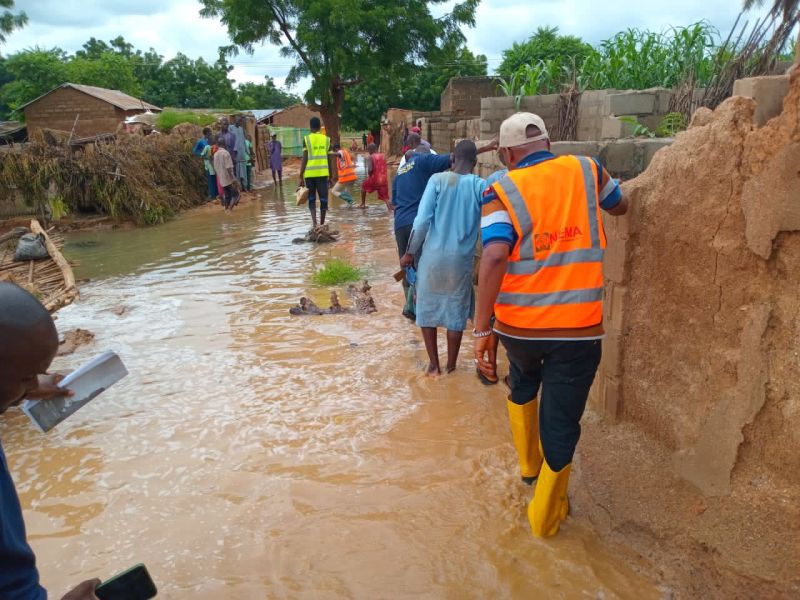Northern Nigeria has been hit hardest by the floods, according to Manzo Ezekiel, who speaks for the National Emergency Management Authority (NEMA). Other parts of the country however remain at risk, he added, amid torrential rains and the rising water levels of its two largest rivers — the Niger and the Benue.
“The pattern of flooding in Nigeria is such that it usually happens on the northern side before moving to the central and the southern parts… because the water flows downwards,” Ezekiel said. “In the coming days, the central parts will soon witness similar floods, and even downwards to the southern parts.”
Although parts of Nigeria are prone to floods during the rainy season, Ezekiel said this year’s flooding has been reported in areas where it had previously been rare.
Environmentalists partly blame the country’s annual floods on poor drainage infrastructure.
More than 600 people were killed in floods across the country in 2022, the worst recorded in the West African nation in more than a decade.
Authorities attributed that flooding to above-average rainfall and the overflowing of the Lagdo dam in Cameroon.
Last week, the Nigeria Hydrological Services Agency (NIHSA) warned that flood waters from neighboring Niger and Mali were “expected to move gradually into Nigeria” while urging states located along the River Niger to be on alert.
The country’s meteorological agency NIMET has also warned of the risk of flash floods across the country.

